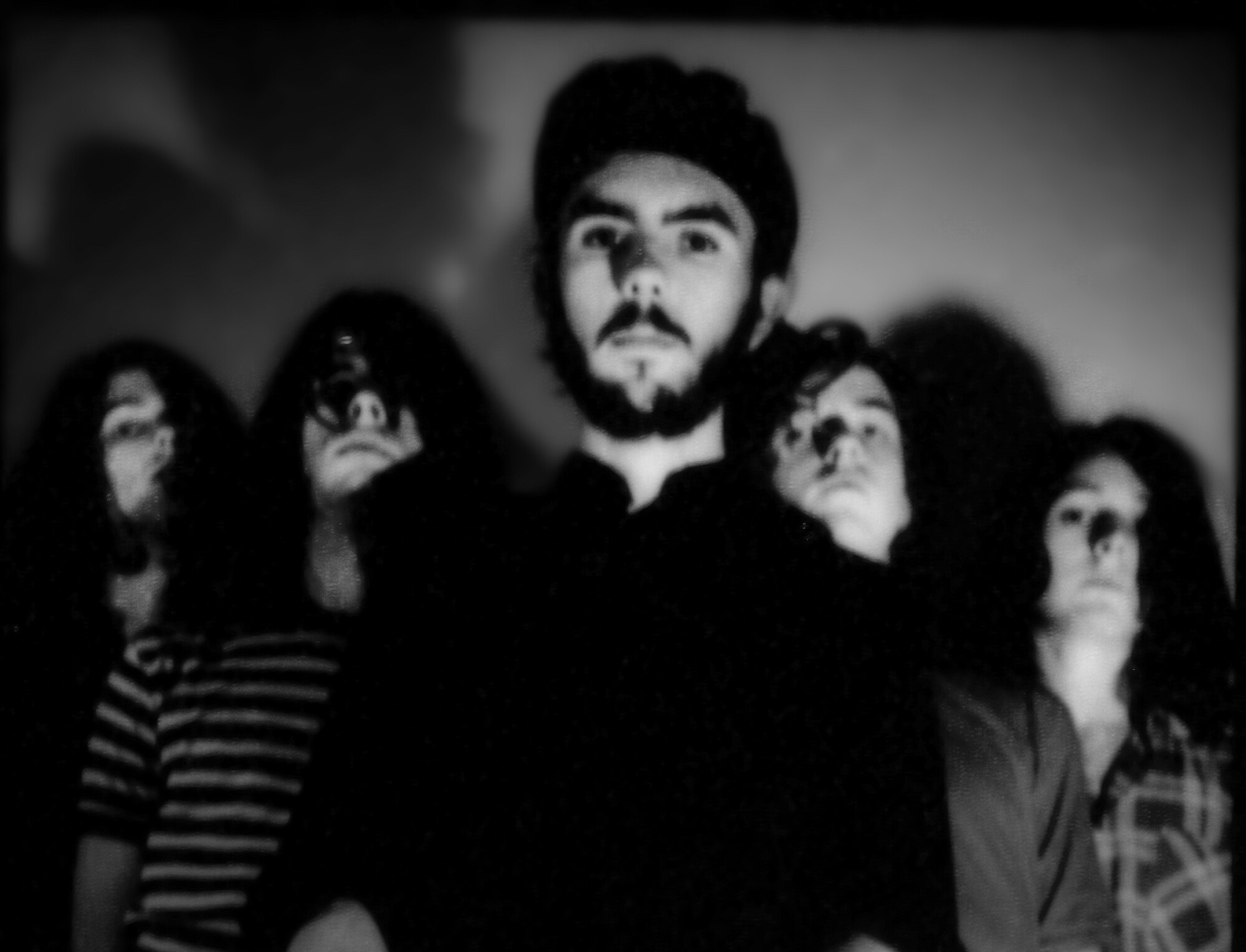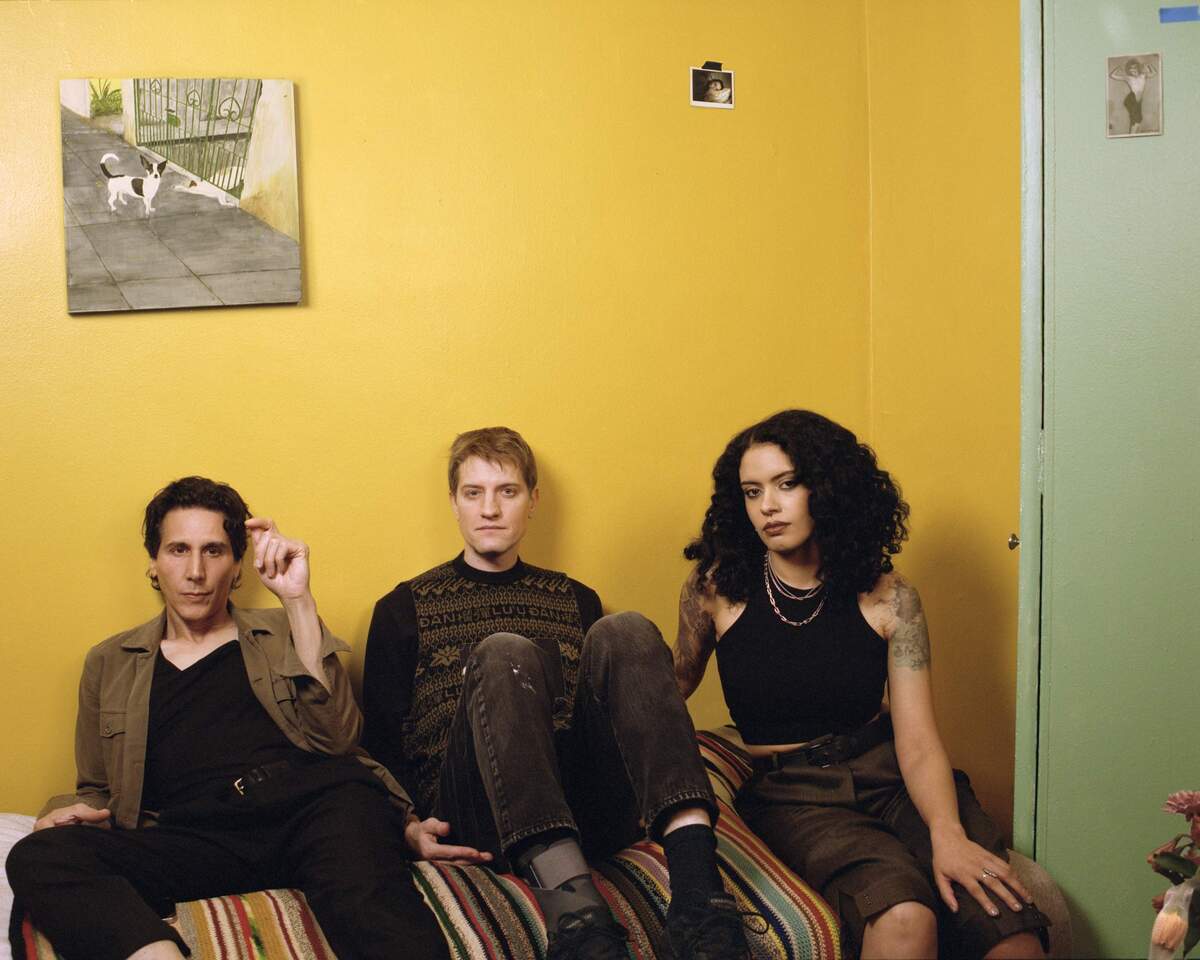Simon Rowe | Chapterhouse | Mojave 3 | Interview | New Solo Album, ‘Everybody’s Thinking’
‘Everybody’s Thinking’ by Simon Rowe is a personal journey of layered sounds but with a backbone of brevity and psychedelic simplicity.
Simon Rowe is ex-guitarist from 90’s legends Chapterhouse and Mojave 3. On his latest album, out via Big Potato Records, Rowe is influenced by artists like Tim Hardin, Syd Barrett and Fred Neil emanating beautifully and the nine uncomplicated and honest songs shine with unashamed fragility. Gathering past collaborators to help form a gentle and melodic selection of songs, this recording was grown over several years with help from all members of Chapterhouse Andrew Sheriff, Ashley Bates and Stephen Patman and drumming assistance from Ian McCutcheon (Mojave 3 / HOO), along with recording help from Neil Halstead (Slowdive / Mojave 3) and bass playing from Hamish Brown (Revolver). Mixed & assembled with Nick Holton (at his Oaki Room Studio) who like the others were so happy to participate in the making of this truly individual album made by an unsung and beautiful soul of the shoegaze era. Rowe navigated for 10 years a slow mighty river to discover for us an accessible psychedelic classic.
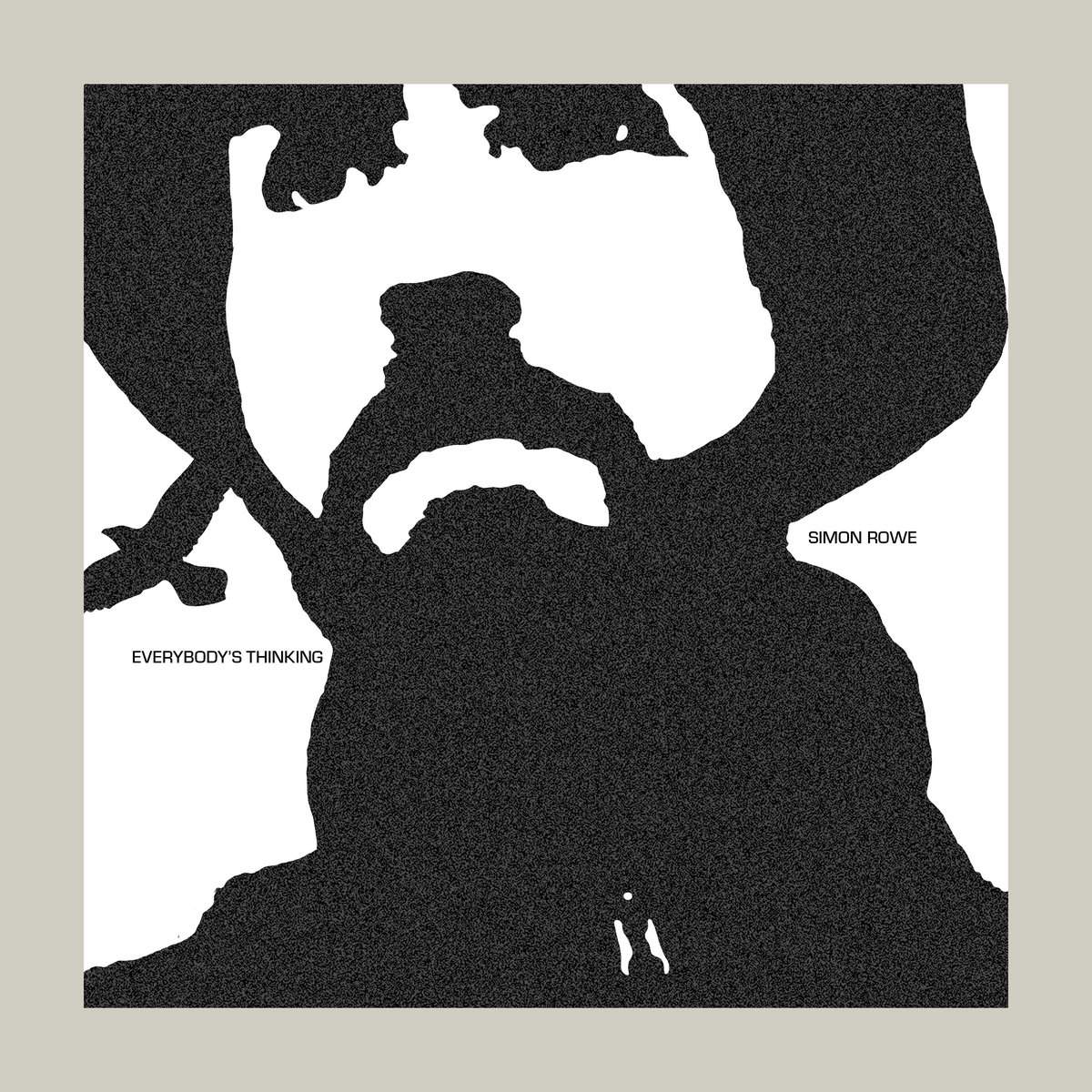
“I used songwriting as a diary in order to understand what was going on”
‘Everybody’s Thinking’ is your debut album, which to me sounds like something completely new in your life. What was it like to work solo?
Simon Rowe: You’re right, it really has been a new experience for me and not something I thought would happen until fairly recently, but I’m so glad it came together.
Working solo has been surprisingly easy in terms of writing songs but it hasn’t felt like a lonely experience. I’m grateful to have a small network of supportive friends who have been happy to encourage, advise and even play on these tunes and it’s been a joy to realise this. As you may know some of these songs were written a while ago, then I kind of forgot about it for a few years and then it picked up momentum more recently when my friend Nick at Big Potato Records gave me the nudge and encouragement I obviously needed.
It’s been fascinating focusing on lyrics, harmony and mood. I’ve not had to consider anything more than a guitar part before and when ideas started working it blew my mind. I still think collaboration is a thing to aim for because I enjoy working with like-minded people but a solo project has taught me that I have enough ability to produce something I’m proud of on my own too.
Would you like to talk about some of the main topics that inspired your songwriting this time around? How did you approach the songs and lyrics?
Not all, but a few of the songs on this record were written about 10 or so years ago when I was going through a difficult time. The lyrics hopefully explain as much about that as I need to say, but the sentiment found in Tim Hardin and Fred Neil songs was having a great effect on me at that time and to try and write my own version felt like a necessary therapy. I had no idea where I was, what I liked or what might happen next and I used songwriting as a diary in order to understand what was going on.
These older songs were written originally using GarageBand on an iPad which for me was the perfect way to sketch out the basics very quickly and quietly. It was so quick to produce something to react to, that ideas really began to flow. Basic chord progressions were followed by vocal melodies on a piano usually. Writing in the dead of night, on train journeys or anywhere else meant music was always accessible and once I started I couldn’t stop. I would play every idea over and over, all day long in my headphones until I stopped hearing it and just started thinking past it. Usually lyrics came easily after that because the music was already completely ingrained. Some of the later songs were done differently but I loved working in this way: getting completely absorbed by every song, one at a time.
What’s next for you? Are you planning to play some solo gigs?
That’s a tricky one. No plans for that at the moment. I’ve had a few friends say they’d like to help out if I wanted to do something live and part of me likes the idea of trying, but I think I’d need to test the water in other ways before I’d be confident enough to put myself out there like that. I’m interested in the idea of rehearsing some songs to find out how I feel about that though. I was generally always pretty nervous about playing in front of people and only just got used to playing live after 10 years with Chapterhouse and Mojave 3. It’s been longer than that since I was last on stage so to say I’m rusty would be an understatement.
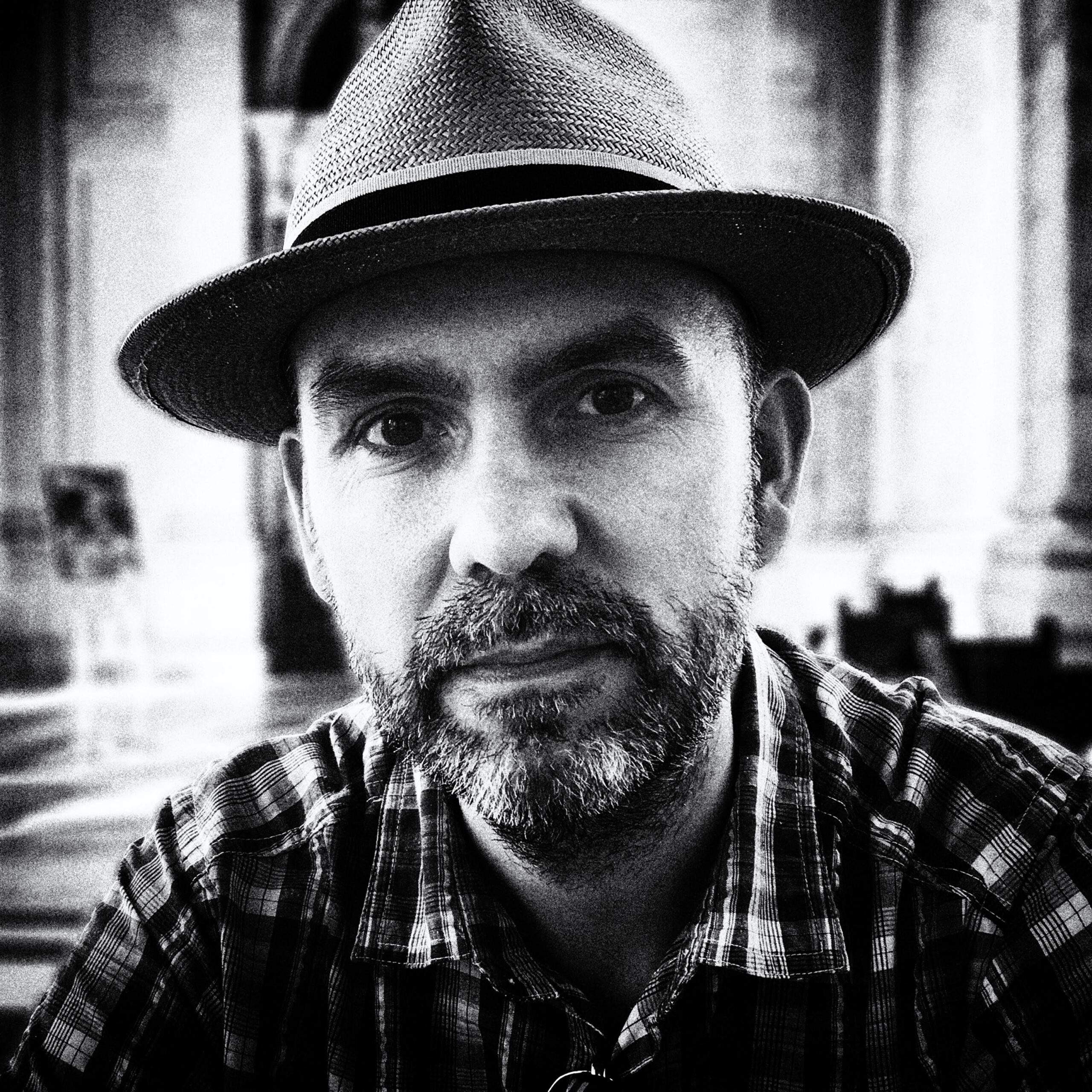
Can you share some further words about the recording and production side of the record?
I had some knowledge of recording processes from many years ago but never got involved in the process myself until this record. This is one of the reasons it took a while to get things right. I had to learn to write, record, sing and mix. Thankfully the other guys from Chapterhouse all moved into studio work after the band ended, so when I realised I might want to do more with my songs they all regularly helped with technical advice. I generally knew what I wanted to do but not always how to do it well and they were amazing at getting me up to speed.
Most of the recording was done at home with guitars into an amp simulator (Strymon Iridium). Technology has improved so much that I liked the sounds I could achieve once I got the right gear. It was definitely a bedroom setup but with a few nice pedals and guitars into LogicPro. I programmed or played most things, but eventually drums for three tracks were played by Ian McCutcheon (Mojave 3/ Loose Salute) in Andy Sheriff’s (Chapterhouse) studio in Cornwall and a few bass tracks were played by Hamish Brown (Revolver) back in London.
Originally I mixed all songs as best as I could on headphones at home and then made small edits and adjusted the balance on better speakers at Nick Holton’s studio to balance the mix properly. My mix of ‘Saturn Saw Us’ was close but not right so I sent the stems to Nick for that one and he did a great job of mixing that alone.
I would love to take this opportunity to ask you about some background. Where did you grow up and what can you tell us about your musical upbringing?
I was born and brought up near Reading, Berkshire. My family moved there because my dad would commute to work at Heathrow airport. My oldest brother was a mod in the late 70s and had a guitar and a record collection I grew to love (The Beatles, The Small Faces et cetera). He actually used to hang out with The Jam and I remember as a kid trying on clothes he’d swapped with Paul Weller.
I was a Beatles fanatic by the age of 11 or 12 and used to talk about music with my next door neighbour Andy Sherriff. Stephen Patman was a school friend in secondary school and after realising how much we all liked bands like The Doors and The Jesus and Mary Chain we decided to learn guitar at 17/18 and to form a band with Andy at about 19.
I didn’t fully realise I was getting into a band but enjoyed playing loud music and rehearsing but things took their course and after about a year we started playing gigs in what became Chapterhouse. We moved to London in 1989 to take it further. It felt cool to be in the middle of something this exciting and life was pretty crazy for a while.
All things came to an end and by the mid 90s we decided that things weren’t working out and as a consequence I got a call from Neil Halstead (Slowdive) asking if I wanted to play for his new band Mojave 3. The Bob Dylan/Neil Young influences worked brilliantly for me and that was the next enjoyable five years of my life. I’ve been very lucky.
Was there a certain moment in your life when you knew you wanted to become a musician?
Not really. If I’m honest I kind of fell into it and only knew that I was terrified of doing a “proper” job when I was in my 20s. I’ve always loved music with a complete passion but would hesitate to call myself a musician even now. Like that Woody Allen/Groucho Marx joke about not wanting to be a member of a club that would have you as a member, I’ve always been mildly frustrated at my ability and anything I could think of artistically would usually not be something I’d think has any worth. Thankfully I was around other people that had more conviction and confidence in me than I did.
It’s been very foreign to me until recently to look at something I’ve done and not be critical. I’m less interested in what I have done than I am in what I am doing or will be doing. It’s better to look forward, I think.
Would you like to comment on your guitar technique? Give us some insights on developing your guitar technique.
Ha. Mmm. Generally I’ll hum or play a guitar part on another instrument so I can concentrate on the melody, then I’ll learn it on guitar, adding in guitary accents. If it’s a part I find hard to play at first then I’m much happier.
I love guitarists like J.J. Cale and Stephen Stills, and love to mimic aspects of their playing but their style wouldn’t fit into my songs. You can’t borrow too closely.
What led to the formation of Chapterhouse?
Friendship and common interests. I was born next door to Andy Sherriff and Stephen Patman was a school friend and we all went to gigs like the Cocteau Twins, The Jesus and Mary Chain, The Fall and others. They had bigger ideas than me but I loved the volume and energy of rehearsal room playing and that turned into gigs, a record deal and a career for a while.
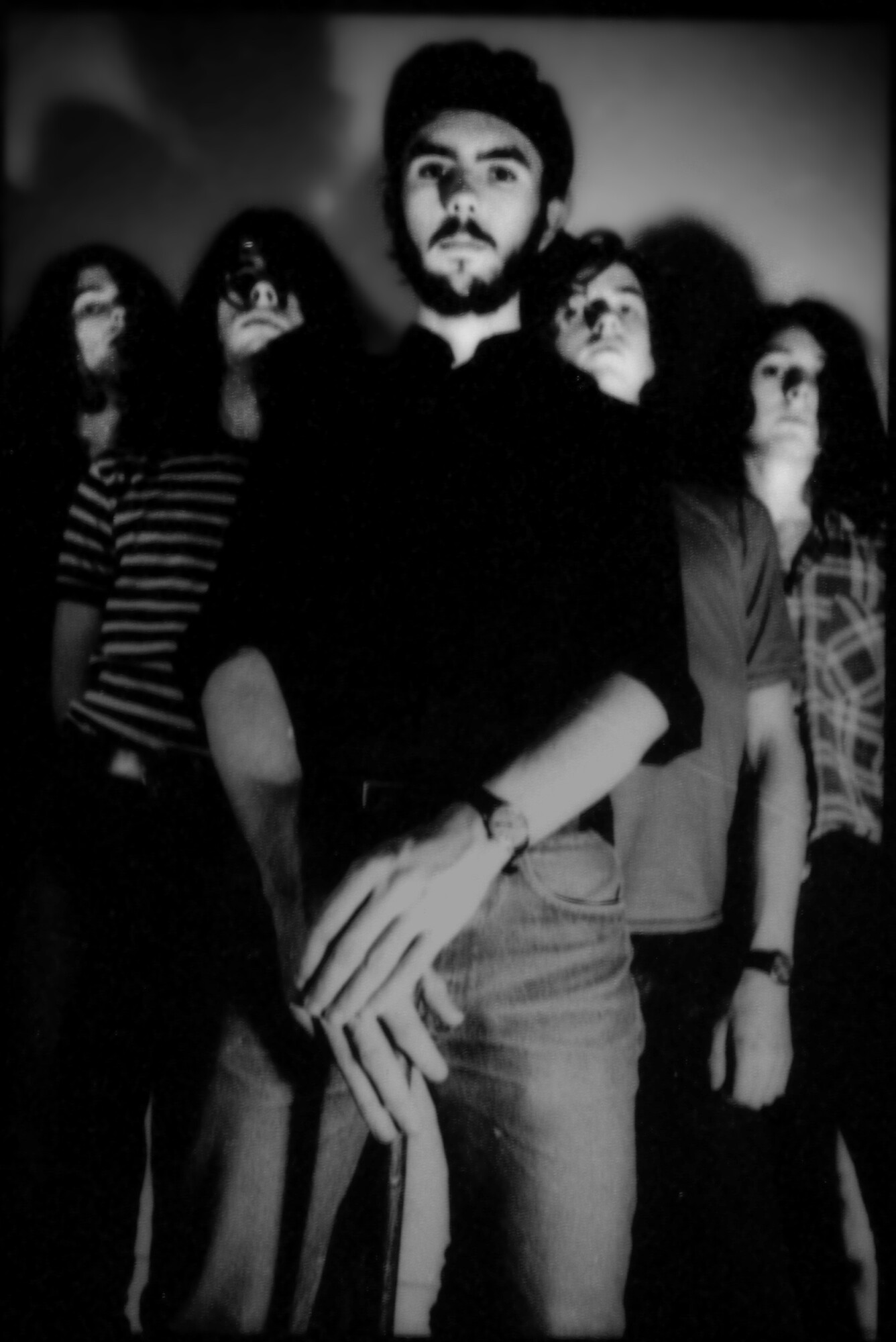
How did you get signed to Dedicated and what are some of the recollections of recording ‘Whirlpool’ album?
Basically, Andy, Stephen and I moved to London in ‘89 and started playing small gigs as Chapterhouse after getting involved with Spacemen 3’s manager, Gerald. He was signing Spiritualised to Dedicated at the time I think. We did have other labels interested in signing us but we went with our manager’s choice.
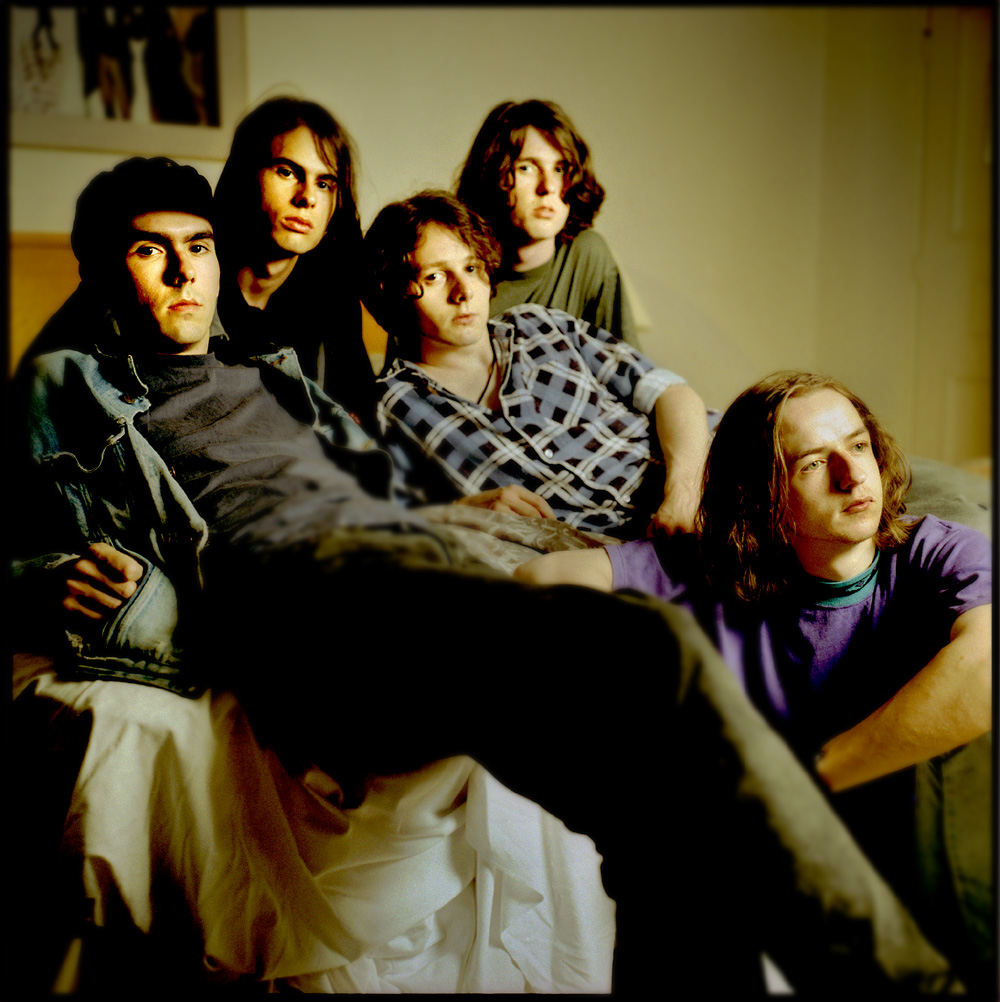
How would you compare it to ‘Blood Music’?
The first album was recorded and adapted over time and originally had a very raw feel. We loved the Stooges and tried to sound like that live. ‘Blood Music’ was a different concept altogether. Our influences had changed and there was a lot more dance music coming into play from Andy mostly.
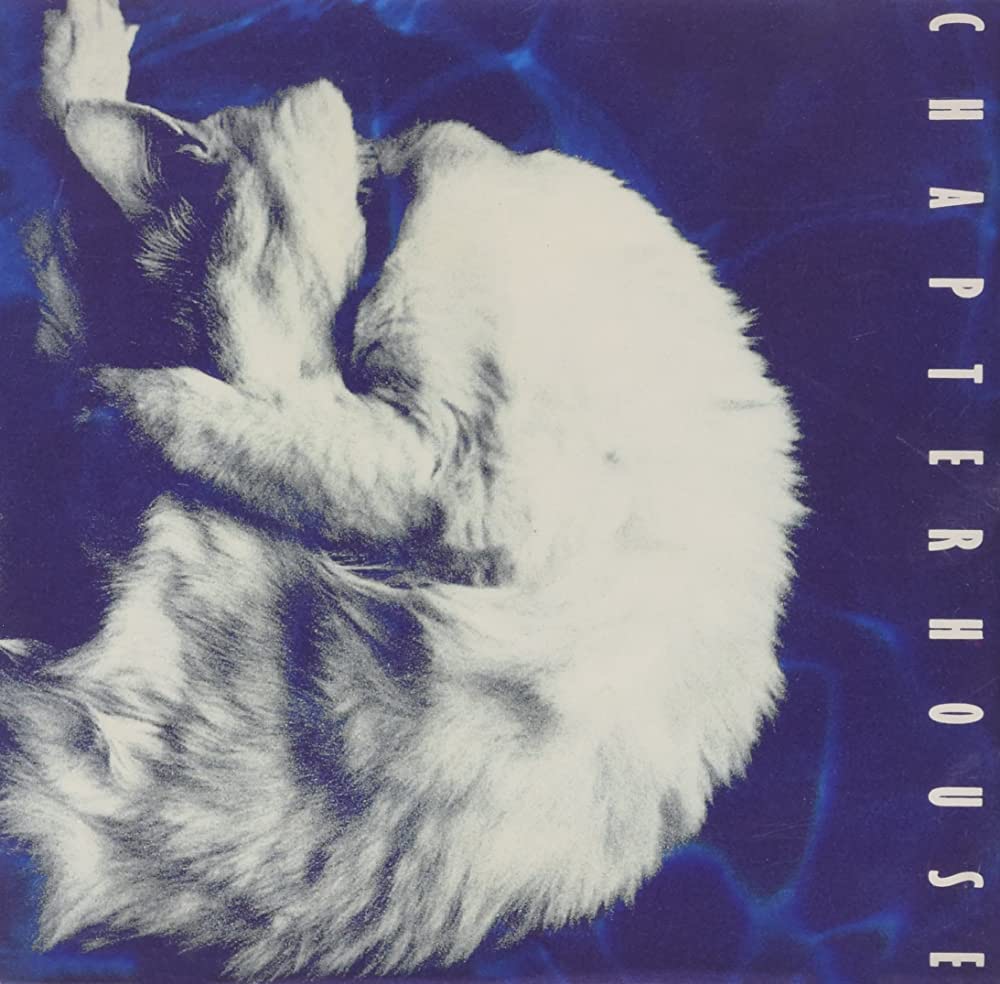
I liked that but we were finding our way in a new area. The ‘Deli’ track originally came from me trying to understand the incredible offbeat drums on Captain Beefheart’s ‘Click Clack’. After a crash course from Ashley, we knocked up ‘Deli’ in no time at all without even trying. It was collaborative and exciting.
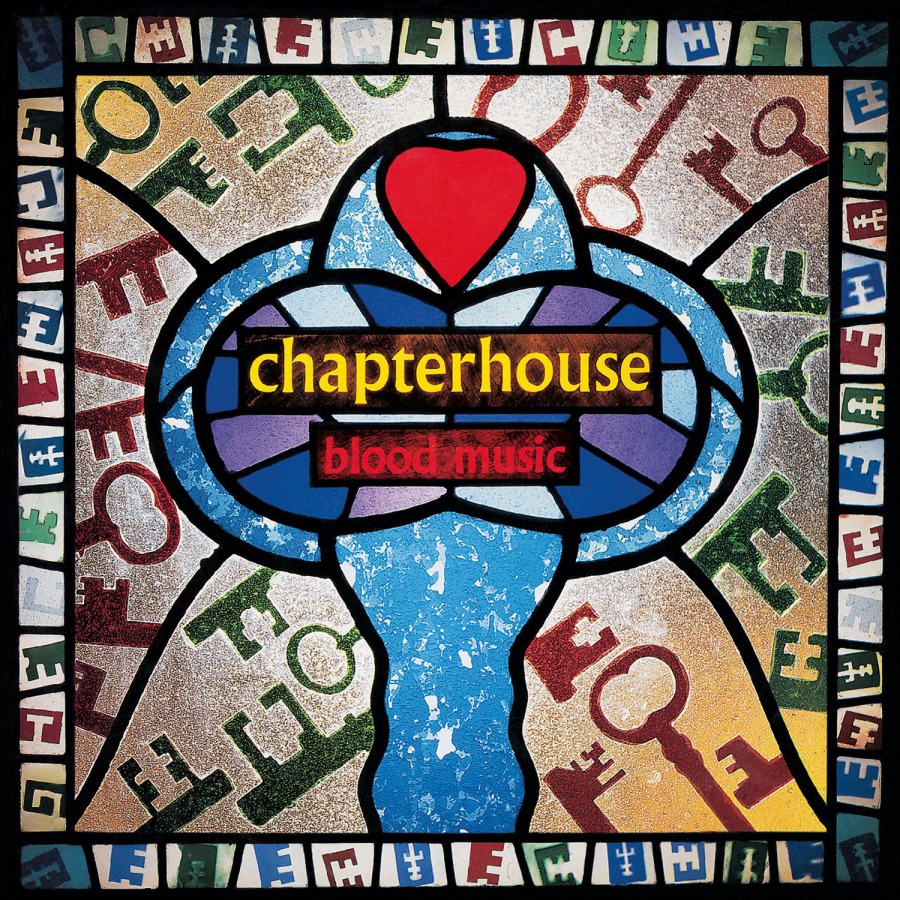
And the story brings us to Mojave 3. Would you like to tell us what was the creation process within the band?
The band already existed before I got there. Neil, Rachel and Ian already had some songs and invited me to play some guitar for the first record. We would jam through the songs which initially terrified me: playing without cathedrals of reverb felt very bare. The concept of jamming was very unfamiliar too; Chapterhouse songs were generally worked out in advance and parts were learned before we got to rehearsals. What was great was that Neil didn’t usually want anything much more than a texture of guitar. Just something to add to the dynamics of it all. I loved it.
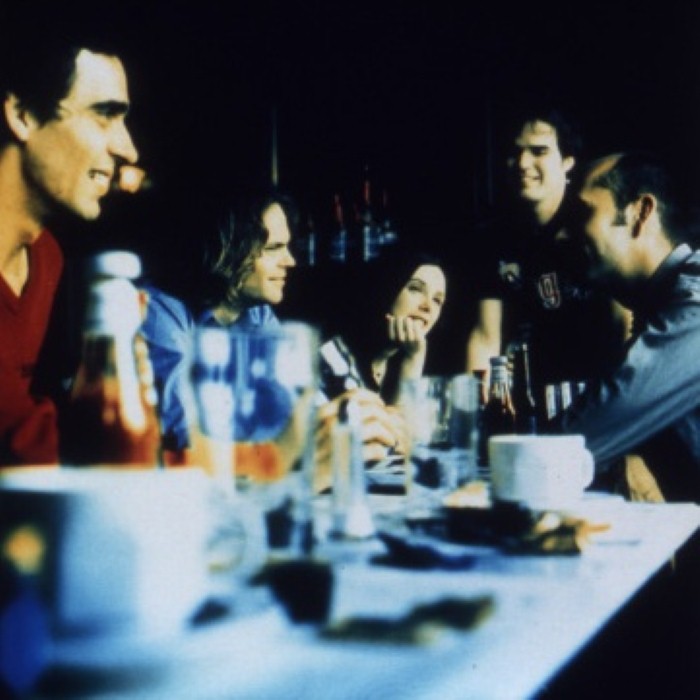
Tell us about the four albums you were part of.
‘Ask Me Tomorrow’ was the first time I recorded with the band and Neil had asked if I could play slide on ‘Love Songs on the Radio’. Embarrassingly he preferred his slide playing in the end so his made the record. Epic fail on my intro to the band! I think I had a big influence on Mercy, bringing a Neil Young feel into the Mojave arena. It was so much fun to play so delicately and with such a traditional sound. My guitar playing had to improve if you could hear every note and thankfully it did.
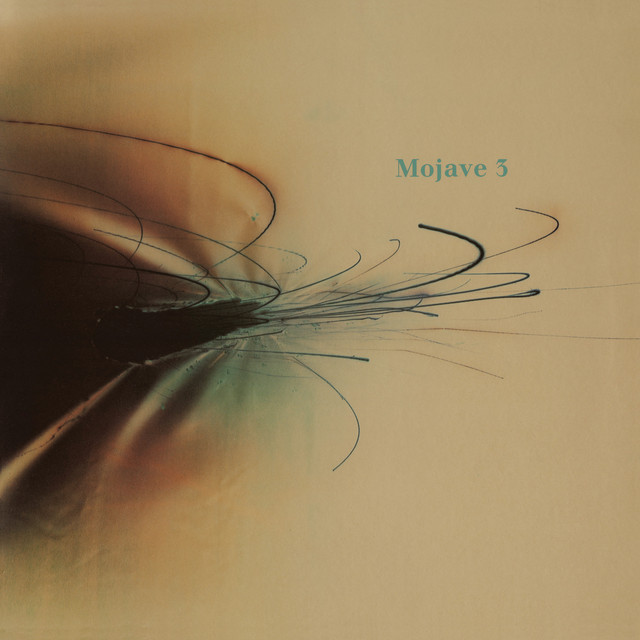
‘Out Of Tune’ was an amazing point. Most of us had moved to Cornwall and shared a farm house near Fowey. We converted the dilapidated barn out back into a soundproof rehearsal room and spent almost all our time creating music. We would record demos, go to the pub across the road in the evening, then come back and listen later. Sometimes we would work through the night. It was heaven. My guitar part on ‘To Whom Should I Write’ was one of these post-pub late night recordings that made the record, but I never remembered the tuning to play it ever again in the same way. Hearing B. J. Cole playing the pedal steel part on ‘Baby’s Coming Home’ is one of the highlights of my life. I’ve never been around a musician as clever and fast as that. The take on the record is the second time he played it. The first was just as amazing but he insisted he could do better and he did.
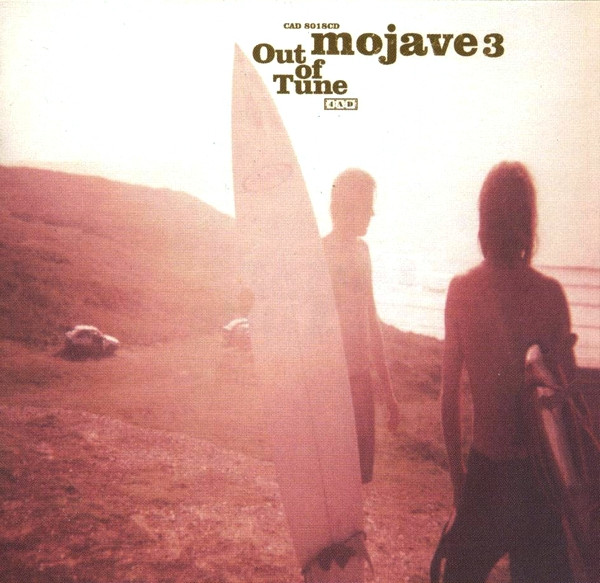
I moved back to London after this record and would rehearse and record with the band when needed after that. My memories of the songs on ‘Excuses for Travelers’ are mostly from live tours. It’s another great record though.
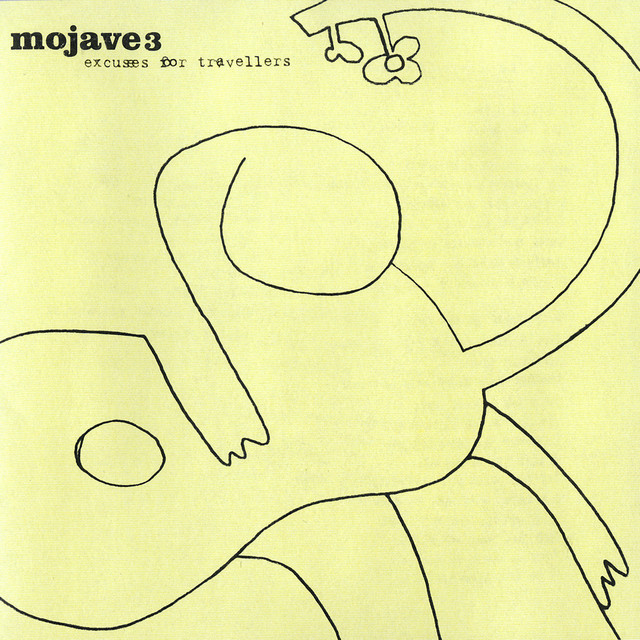
‘Spoon and Rafter’ was another brief but fun session. I particularly remember writing the banjo part on ‘Between the Bars’ off the cuff and getting that down quickly. I usually say that’s my favourite Mojave 3 song just to study people’s faces when they realise I’m talking about a banjo part. It still makes me smile but it feels lovely in the song.
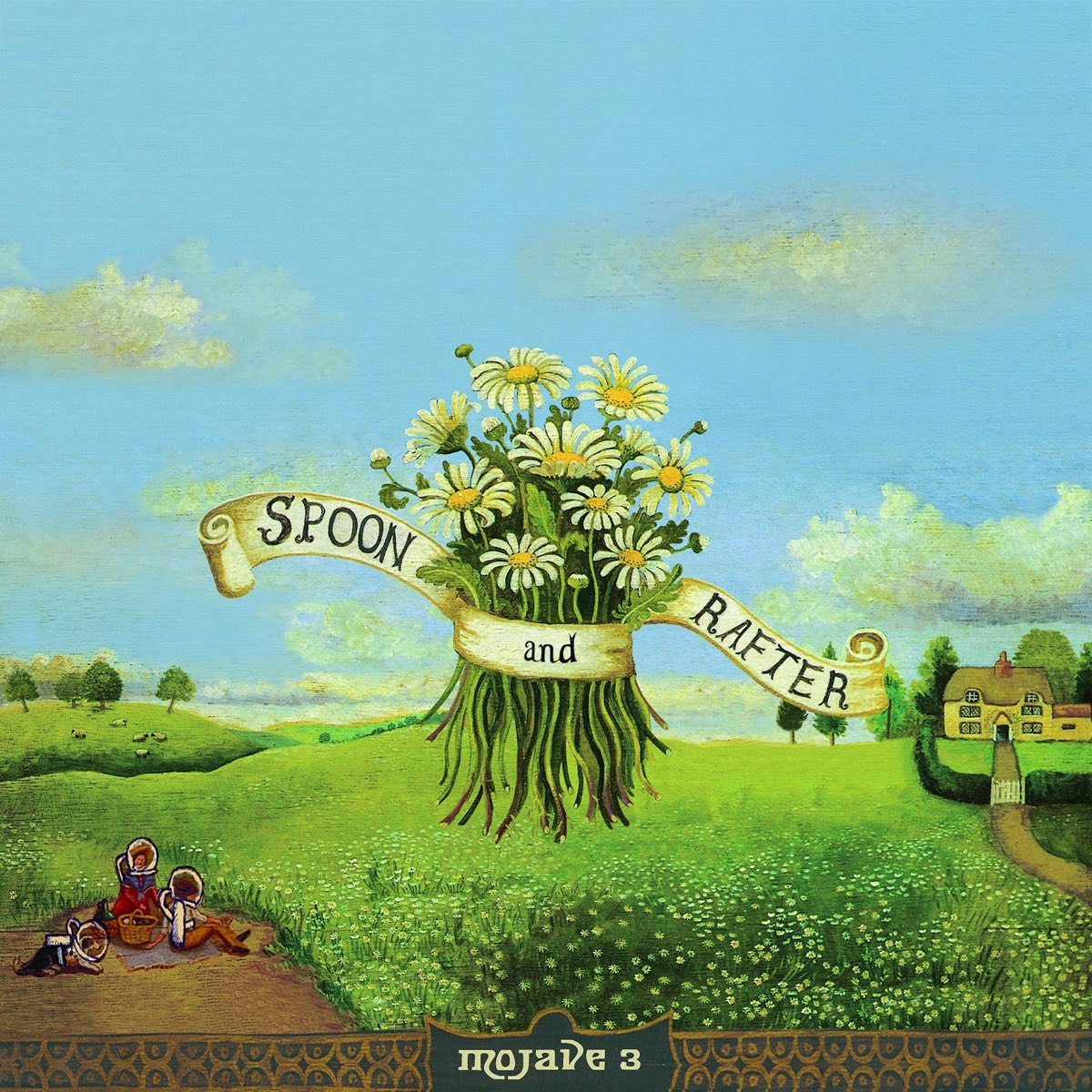
“Bumping into George Harrison on a bullet train in Japan with Chapterhouse was surreal”
What would be the craziest story when it comes to Chapterhouse and Mojave 3? What would be the most memorable?
Bumping into George Harrison on a bullet train in Japan with Chapterhouse was surreal and very memorable. I was reading a biography about him at the time and for a train door to open and him to be standing there was a complete shock. As the train pulled up to the platform we all got off the train and I hadn’t even noticed that Eric Clapton was the guy standing next to him. We left the station in identical mini tour buses and I remember thinking how bizarre it was that my hero was in the same bus heading for his gig while we were doing the same. Japan is surreal at the best of times but that was more like a dream that day.
I shared a lift with Slash from Guns N’ Roses in LA around then but couldn’t remember who he was hilariously. Little Richard was in the foyer giving out presigned bibles! Again, very surreal. Of course, playing the main stage at Reading Festival with Nirvana before us seems pretty crazy too. It was the year Kurt jumped into the drum kit and hurt himself. We got a message saying we were on early because “the bloke” in the previous band had hurt himself, so “you’re on now!”
With Mojave 3 I guess I would say a very drunken night with Peter Buck and Gomez in Seattle was a highlight. The party continued until late back at our hotel and was pretty crazy. He was kind enough to get us tickets for REM’s Wembley gig later that year which happened to be on my birthday. Meeting Gram Parsons’ daughter after a tribute gig for Gram in London was a beautiful moment. She was telling me stories about her dad and I found that quite emotional. She was lovely.
What other musical activities have you undertaken lately?
Well unusually I may be helping Ashley from Chapterhouse out in a few weeks. He has an upcoming project I shouldn’t talk about but it’ll be fantastic to record with him again. There must be something in the air after lockdown – everybody’s at it again!
Let’s end this interview with some of your favourite albums. Have you found something new lately you would like to recommend to our readers?
It’s very hard to choose favourite albums because there are so many. ‘All Things Must Pass’ has to be on the list along with ‘Barrett,+ ‘Tim Hardin 1,’ ‘Magical Mystery Tour’ (fantastic production!). I’ve always found Oscar Peterson’s ‘Motions and Emotions’ calms me down with its musical ability and melody. ‘Histoire de Melody Nelson’ is astonishing too.
For new stuff: I love most of Kurt Vile’s music- incredible and inspiring. I love how intuitive and natural his music sounds. Lyrically he just invites you into his crazy head for a little musical journey. That’s fantastic.

Thank you. Last word is yours.
The last words have to be thank you for being interested in me. There is something really positive in the air at the moment for a lot of people I know – lots of people trying something new and anyone that wants to take the time to promote and share the word is pretty cool to me. Thank you.
Klemen Breznikar
Headline photo: Chapterhouse
All photos courtesy of Simon Rowe
Simon Rowe Instagram
Chapterhouse Facebook / Twitter
Big Potato Records Official Website / Facebook / Instagram / Twitter / Bandcamp
‘Oh Lordy Me’ by Simon Rowe | New Album, ‘Everybody’s Thinking’

